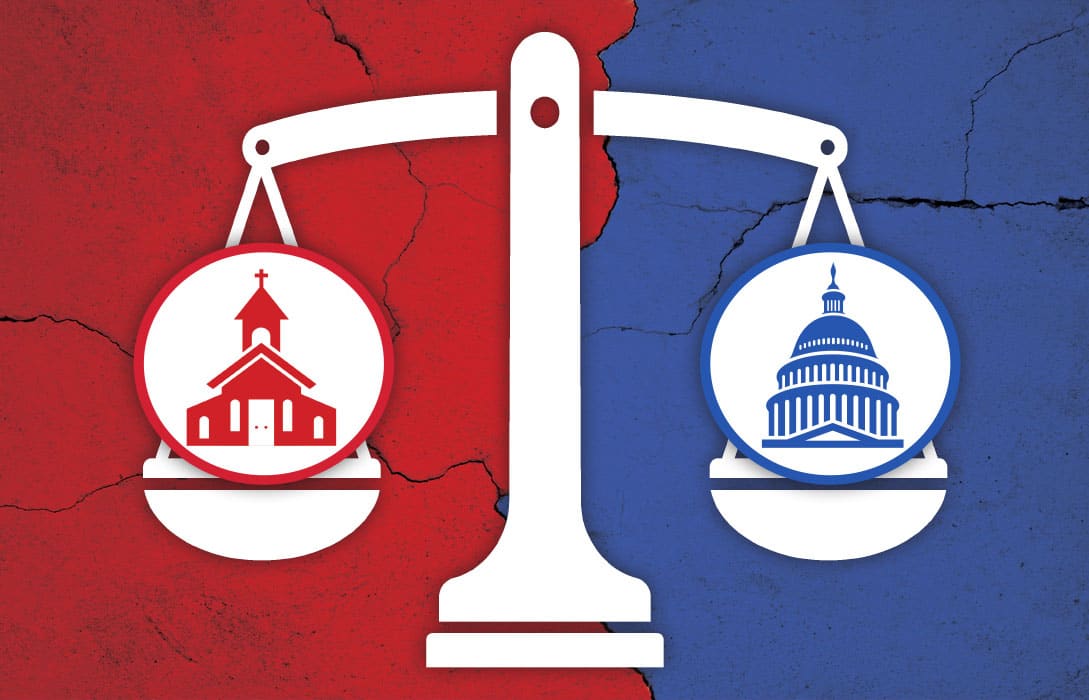In June 2013, Jason Isbell released his fourth solo album of original songs, “Southeastern,” achieving the critical and commercial success that had alluded him since leaving the southern rock band Drive-By Truckers in 2007. “Southeastern” was followed by three excellent efforts, “Something More Than Free” (2015), “The Nashville Sound” (2017) and “Reunions” (2020). (He also released an album of covers for charity, “Georgia Blue,” in 2021.) Ten years to the month after “Southeastern,” Isbell has released “Weathervanes,” the best of this series of outstanding albums. At age 44, Isbell is approaching the top tier of Americana singer/songwriters, nearing the brilliance of such late luminaries as Townes Van Zandt, John Prine and Guy Clark.
The songs in “Weathervanes” could be described as micro short stories set to music. Through spare but vivid narratives, Isbell’s songs are filled with sharply drawn characters living in fuzzy moral worlds. Sometimes of their own making, sometimes by contingencies that they didn’t choose, and often from some combination of the two, the folks that inhabit Isbell’s songs wrestle with happiness and heartbreak, hope and regret, and praise and blame, along with the attendant emotional and psychological effects of these all-too-human experiences. The songs grab you by the throat, punch you in the gut, cut you off at your knees and demand that you come back for more. And because the stories are so compelling and enriching, you happily comply.
‘King of Oklahoma’
For example, the best song on the album, “King of Oklahoma,” is the first-person account of a man who becomes addicted to opioids and loses his job, his wife and children. Even his attempt to steal copper from a construction site to fund his addiction is thwarted when another thief beats him to it. But while it sounds like the making of a very unsympathetic character, Isbell does not permit us smugly to cast blame. This is because the singer, himself, accounts for both his own complicity in his predicament and the aggravating behavior of others. The suspense of the song is maintained by the tension between personal responsibility and external causes. As such, Isbell lets neither his character nor the listener off the hook.
“Never thought I’d wind up this far behind / Just a couple years back we had it made / I was emptying my bladder on a 20-foot ladder / Should have climbed down and found myself some shade / The doctor took a quick look / And I got out the checkbook / Left with a pocket full of pills / Now my back’s still hurting / And I’m too weak for working / I can’t keep up with all the bills.”

The singer’s financial straits having reduced him to taking out a loan on his truck title (for which he can afford only a single gallon of gas) his wife takes the kids and leaves, accusing him of malingering.
“Molly’s gonna leave me / Says she don’t believe me / I got nothing left to lie about / She’s going back to Bixby / Tired of trying to fix me / Says I got some shit to figure out.”
Isbell does not excuse the singer from the complicity in his injury. But, in a script played out throughout the United States, neither does he fail to account for the proliferation of opioids in American society, fueled more by high-margin revenue than high-quality care. Nor can we easily judge his wife, who, like the loved ones of many addicts, cannot understand the power of addiction or the hopelessness of the addict. “She used to make me feel like the King of Oklahoma,” the song concludes, “Nothing makes me feel like much of nothing anymore.” Of course, we understand that marriage is supposed to be for better or for worse. But until we’ve experienced the latter, we tend to take for granted the former, and assume that we are immune to Molly’s moral exhaustion.
‘Death Wish’
Isbell just as deftly writes about mental illness in the first song on the album, “Death Wish.” The narrator is a friend or lover of a person with bipolar disorder, with tendencies toward self-harm and suicidal ideations. The song wrestles both with the person who is ill and the singer who tries to care for her.
“Did you ever love a woman with a death wish? / Something in her eyes like flipping off a light switch / Everybody dies but you gotta find a reason to carry on / Oh, and did you ever catch her climbing on the rooftop? / Higher than a kite, dead of winter in a tank top / I don’t wanna fight with you, baby, but I won’t leave you alone.”
The narrator conveys the feeling of helplessness in understanding the nature of mental illness and the frustration of trying to help the sick person.
“Who’s gonna save you? Who’s left to pray to? / What’s the difference in a breakdown and a breakthrough? / I saw her in the moonlight digging up the garden bed / I want to hold her until it’s over / Let her sleep through the morning on my shoulder / But there’s nothin’ I could say to her that I ain’t already said.”
But though he might not know what to say, the singer also conveys his unrelenting commitment to be present to her; not to abandon her to her demons, but to enter into and share her suffering.
“When your words mean nothing / When the world turns to monochrome / And you know she’s not bluffing / ‘Cause you feel it in your bones / You feel it in your bones.”
And the song ends with the repeated line, “I want to hold her until it’s over.” It is not clear what “it” is in that line, the suffering or the woman’s life. What is clear, however, is the claim that people with mental illness have on our lives, and the responsibility we have to be present to them.
Pain and regret
While the characters in these two songs are fictional composites, “Weathervanes” includes two songs that are clearly autobiographical. One, “When We Were Close,” is a second-person address to Isbell’s late friend, Justin Townes Earle, who died from an accidental drug overdose in Nashville in 2020, just as his namesake, Townes Van Zandt, had in 1997. Invoking the titles of two songs by Van Zandt, Isbell wonders why he has not suffered the same fate. While he has been clean and sober for more than 10 years, Isbell shares the same disease that killed his predecessors.
“I was the worse of the two of us,” he sings to Earle, “But Rex’s Blues wasn’t through with us / You were bound for glory and grown to die / Oh, but why wasn’t I.” The song is something of a catharsis for Isbell, who had had a public falling out with Earle over a trifling matter. But this was nothing in comparison to the pain of Earle’s surviving wife and daughter.
“Saw a picture of you laughing with your child / And I hope she will remember how you smiled / But she probably wasn’t old enough, the night somebody sold you stuff / That left you on the bathroom tiles.”
Isbell concludes, “It’s not up to me to forgive you / For the nights that your love had to live through.” Personal responsibility, social contingency and the pain of regret coalesce into a powerful lament for a fellow artist.
I have highlighted only three of the 13 songs on “Weathervanes,” which does not contain a weak cut. They take us deep into the inner conflicts of Isbell’s characters while teaching us salutary lessons about our own moral lives. The power of a story is in the truth it conveys. And like all truth, grace is born by it. Isbell does not write formulaic religious songs. But he writes songs about the perennial themes that animate religious, moral, and philosophical reflection. “Weathervanes” is a masterpiece by an artist at the height of his creative prowess in probing the depths of those themes.







